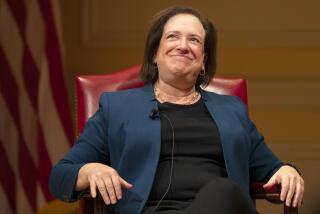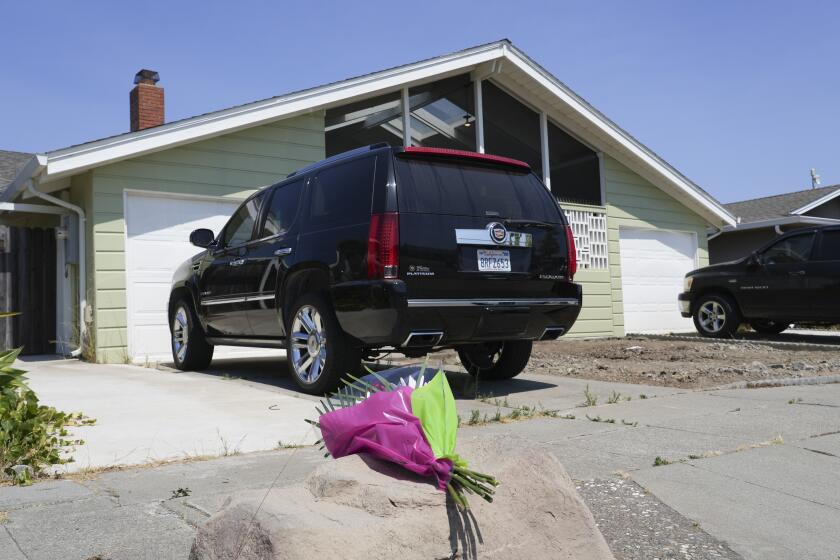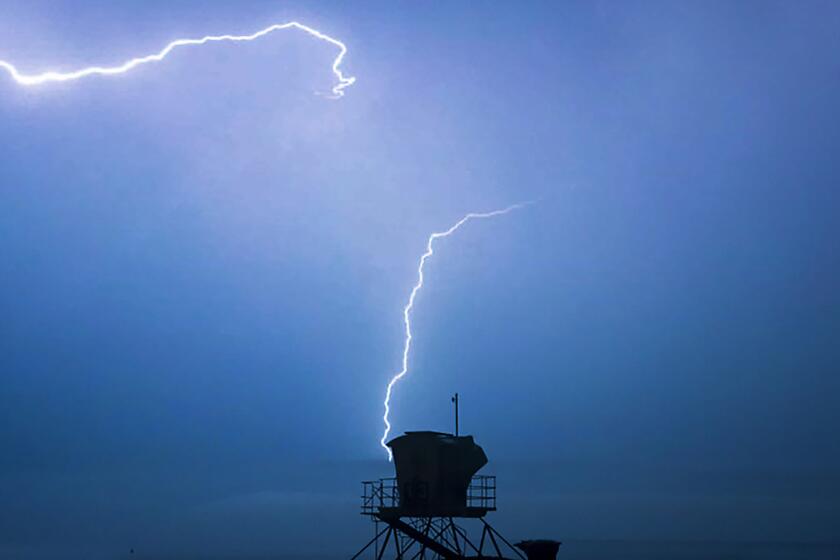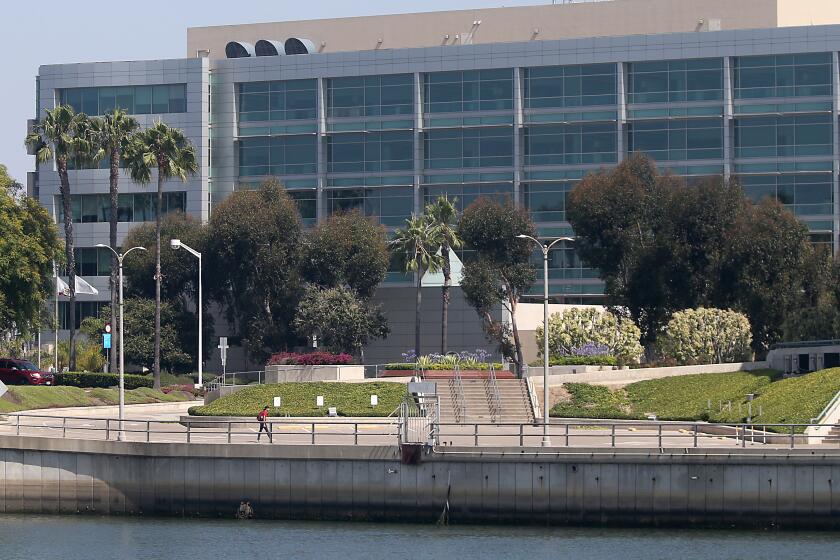California bullet train faces more legal hurdles from state Supreme Court ruling
U.S. law does not allow state-owned rail projects to completely bypass California’s strict environmental regulations, the state Supreme Court said Thursday in a decision that ensures further legal complications for the planned $64-billion bullet train between Los Angeles and San Francisco.
The high court overturned a lower court ruling and gave renewed hope to those who have used the California Environmental Quality Act to challenge the high-speed rail project championed by Gov. Jerry Brown.
“It basically says that California has a right to control its own railroads and decide whether they should be required to consider carefully the environmental impacts of their projects,” said Stuart Flashman, who represents several San Francisco Bay Area cities in a lawsuit that contends the bullet train project violates state environmental law.
Richard Frank, an environmental law expert at the UC Davis School of Law, said the ruling, however, was not a “sweeping or unqualified victory” for those who have challenged the high-speed rail project. That’s because the court also said in some cases, U.S. law will trump the state’s statute.
“The standard that the California Supreme Court sets here is a fact-based one,” he said. “In some circumstances, there will be federal pre-emption but not on a blanket basis.”
The case pitted the state’s High-Speed Rail Authority against Central Valley farmers concerned about the bullet train’s effect on agricultural land.
In a 6-1 ruling, the state Supreme Court said a lower court interpreted federal law too broadly when it said the U.S. trumped state environmental review.
The ruling came in a lawsuit that challenged plans to introduce freight trains on a Northern California rail line. The suit was not directly connected to the high-speed rail project, but farmers and the rail authority said in legal briefs before the ruling that the decision could apply to it.
“Our legal team is still evaluating today’s ruling to determine what, if any, impacts it would have on the high-speed rail project,” said Lisa Marie Alley, a spokeswoman for the High-Speed Rail Authority.
Alley said the agency has been conducting federal and state environmental reviews and plans to keep doing so.
Writing for the majority, Chief Justice Tani Cantil-Sakauye said it was highly unlikely that Congress intended to leave the state “without any means of establishing the basic principles under which it will undertake significant capital expenditures” on a rail project.
More to Read
Start your day right
Sign up for Essential California for news, features and recommendations from the L.A. Times and beyond in your inbox six days a week.
You may occasionally receive promotional content from the Los Angeles Times.






